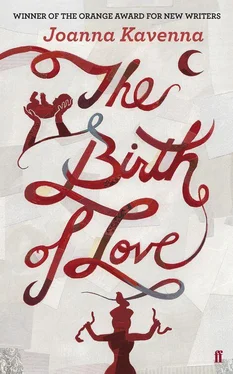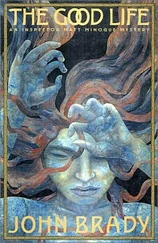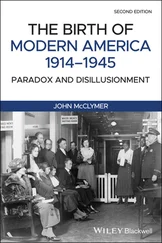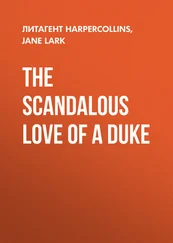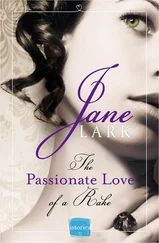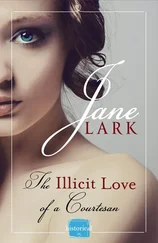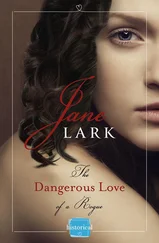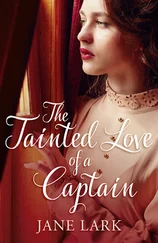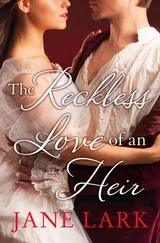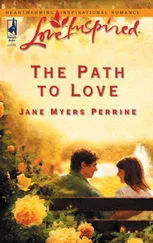*
His imagination has failed him, and he can think of nothing he must say to his mother. No fine words, nothing to soften the anticlimax of his arrival. He will be obliged to repeat back to her what she said to him. Good luck. She needs it more than he does. ‘Good luck,’ he says, under his breath, so no one hears.
*
Torrents of blood, thinks Patrick. So much blood. It seems impossible that anyone could bleed this much, and not be dead.
‘Is it OK?’ says Brigid, so he swallows and says, ‘Yes, all going fine.’
The doctor is grappling inside his wife. His hands are delving deep inside her. As if he is searching for something. And the blood is thick and red on his hands, viscous and strange. Extraordinary, thinks Patrick. He thinks he might faint, but then he is mesmerised by the sight of the doctor’s grappling, and now he sees a foot. There is a tiny purple foot, in the doctor’s hand. Then a leg follows. The baby is appearing, part by part. It looks crazy, to Patrick, as if Brigid has been filmed engulfing her young, and now the tape is being played backwards. It is grotesque, and yet Patrick cannot avert his gaze. His child is almost here, though it looks dead, as the doctor drags it roughly from Brigid’s body. It must be dead, thinks Patrick with a sudden sense of panic, it is so listless in the doctor’s hands. And he wants to cry out that the baby has died, the blood has drowned the baby, but Brigid says, ‘Is it OK?’ again and the doctor says, ‘Yes the baby is almost out.’
*
Headless, like a mutilated doll, the baby is half inside and half outside, the cold air on its body, and Patrick feels a sense of pity for this tiny thing, ripped from the womb, the only place it has known. The doctor is delving for the head, and with a last tug, the baby is whole.
Purple and motionless in the doctor’s hands.
*
‘It’s out,’ says Patrick.
The nurse has taken it away, and he hears the first screams, shrill in the sterile room. ‘Is it OK?’ he says to Dr Gupta. The doctor nods. ‘All is fine. You’ll have her back in a minute.’
‘It’s a girl?’ says Brigid.
‘Yes, a fine girl,’ says the doctor.
*
And suddenly the baby is pushed into Patrick’s arms, and he is stunned by how vital she seems, though she looked so fragile before. Now she is like a wild slippery monster, screaming with her mouth wide open and her eyes closed.
‘Darling,’ says Brigid, looking up at the baby. ‘My beautiful darling.’
Patrick cradles the child, says, ‘There there, sweetie. There there, it’s all OK. Everything will be fine.’ He has the child in his arms and now he sees his wife craning her neck upwards. He lowers the baby towards her. ‘Can you see?’ he says to her.
‘Oh, yes, she’s wonderful. You’re so wonderful, aren’t you? Don’t cry darling, Mummy and Daddy are here,’ says Brigid. And she holds her daughter’s hand. The tiny wet hand, covered in blood and vernix. The baby is being wrapped in a towel, but Brigid holds her hand and won’t release it.
Worth it and over, what it cost, thinks Brigid. Worth everything. The tugging sensation is over, there is no pain and she hardly remembers the night. She thinks of Calumn and how it was when he was born. She remembers it so vividly now; scenes she had forgotten come pouring into her mind. Her son, she thinks, who she loves beyond measure. And now this girl, this beautiful little girl — Brigid is crying as she holds her daughter’s hand, and Patrick sees her crying and thinks, my extraordinary wife, and the children she has created. He is overwhelmed with joy, and relief, that it is all over, that their children are in the world. Safe and with them in the world.
The baby’s cries are fading, as Patrick strokes her and kisses her and says, ‘There there, everything is OK. I love you and everything is OK.’
*
‘I will always love you,’ Brigid whispers to her daughter. ‘I will always love you, for ever and ever.’
About the Author
Joanna Kavenna grew up in various parts of Britain, and has also lived in the USA, France, Germany, Scandinavia and the Baltic States. Her first book, The Ice Museum, was about travelling in the North. Her second book, a novel called Inglorious, won the Orange Award for New Writers. Kavenna’s writing has appeared in the London Review of Books, the Guardian and Observer, the Times Literary Supplement, the International Herald Tribune, the Spectator and the Daily Telegraph, among other publications. She has held writing fellowships at St Antony’s College, Oxford, and St John’s College, Cambridge. She currently lives in the Duddon Valley, Cumbria.
